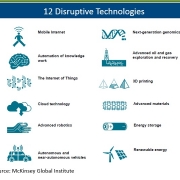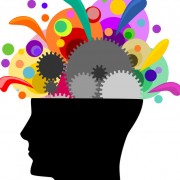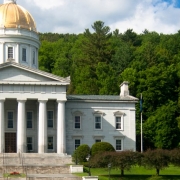All across America, for example, local governments are struggling to pay the bills, dependent as they are on taxes on business activity and property. Both are in the doldrums as a result of the collapse of property prices from their bubble highs, and the tight credit that struck at local business activity.
Some parts of the US heartland are in a sorrier state. Closed factories and plants are leaving behind shellshocked families who thought their jobs were secure well into the future. These are the communities where the big employers who have ignored the winds of change, are facing intense competition from communuties halfway around the world in India, China and other parts of Asia and South America.
The quality of life in some of these communities has plummeted, although overall the U.S. continues to do well compared with the rest of the world.
In my own country, our perceptions of Lifestyle Quality continues to rise. Australia is now second after Norway on the United Nations Human Development Index, a combined measure of standard of living, education and life expectancy. The United States is in 13th place after countries such as Ireland, Japan, Finland, France and Switzerland.
Australia has survived the global economic downturn with less pain than many others. One of the reasons Australia is doing relatively well, is we took our medicine over the past 20 years. We thought about the future, and the changes that were flowing through society. And we started to do things differently, to regard the role of Local Government as also embracing economic, environmental, cultural and spiritual worlds. We began to invent new services and programs that embraced a wider spectrum of life, and smarter ways to deliver them.
Futurist, Dr. Peter Ellyard, author of Designing 2050, is one of Australia’s “thought leaders”. He has helped cities and towns re-invent themselves and create a better future for their citizens using a holistic approach. His ideas about the transition from a cowboy to a planetary culture have influenced many to change their ways. To think and act differently.
He has helped local government, business, universities and school education sectors rethink their roles, and begin the process of adapting to the new world that is emerging. The focus has been, not so much on eliminating jobs through process innovation, which has been the American focus, but the opposite. The creation of new opportunities to which valued staff can be redeployed. The more intimate engagement of citizens in the processes of designing and creating more human and nature friendly ways of living
He uses a “Preferred Futures” methodology and the Zing team meeting system for many of his large scale local government interventions. In diverse groups of 20 to 60 people at a time, the citizens of a community contribute their ideas in response to questions that ask them to think about what kind of future they would like and how they can achieve it. They map out an ideal, but largely unattainable Ideal Future, a Probable Future that will result from the continuation of present trends, and settle for a Preferred Future that is both achievable and a big stretch. Then they write a Future History back to present times to detail the steps required to achieve their goals. For each community, he conducts 10 to 30 workshops with the help of a “roadie” who sets up and manages the technical aspects of the system, the wireless keyboards, the giant shared screens and the software. In this way, every voice is heard and valued, and contributes to the outcome.
The program is extremely productive and energizing. Typical of the output of these workshops is the 700 ideas generated in a 90 minute session contained in this report for the City of Townsville in Central Queensland. The city and several consulting firms in the city now have their own portable Zing team meeting systems to continue the economic development and community building process.
Here is a workshop for inventing new to the world products using his Planetary Culture values model:
1. Describe a Spaceship Culture product or service that incorporates one of the new values.
2. Describe a Spaceship Culture product or service that incorporates two of the new values.
3. Describe a Spaceship Culture product or service that incorporates three of the new values.









Leave a Reply
Want to join the discussion?Feel free to contribute!